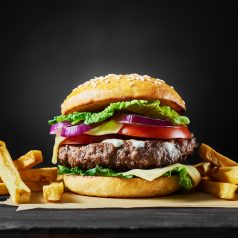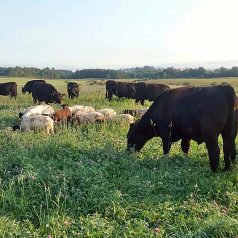
Spotlight on Lucas Family Farms
Lucas Family Farms is a small, family-run farm in Orwell, VT, where Josh and Janelle Lucas are raising beef, lamb, and eggs alongside their three children. Farm life is a full family effort—one day you might find the kids helping set fence lines, another day gathering eggs, or lending a hand as cattle move to fresh pasture. Together, they’re building something bigger than just a farm business: a way of life rooted in care for the land, the animals, and the community that depends on both.
From September 3–9, member-owners save 20% on all Lucas Family Farms grass-fed meats and pasture-raised eggs.

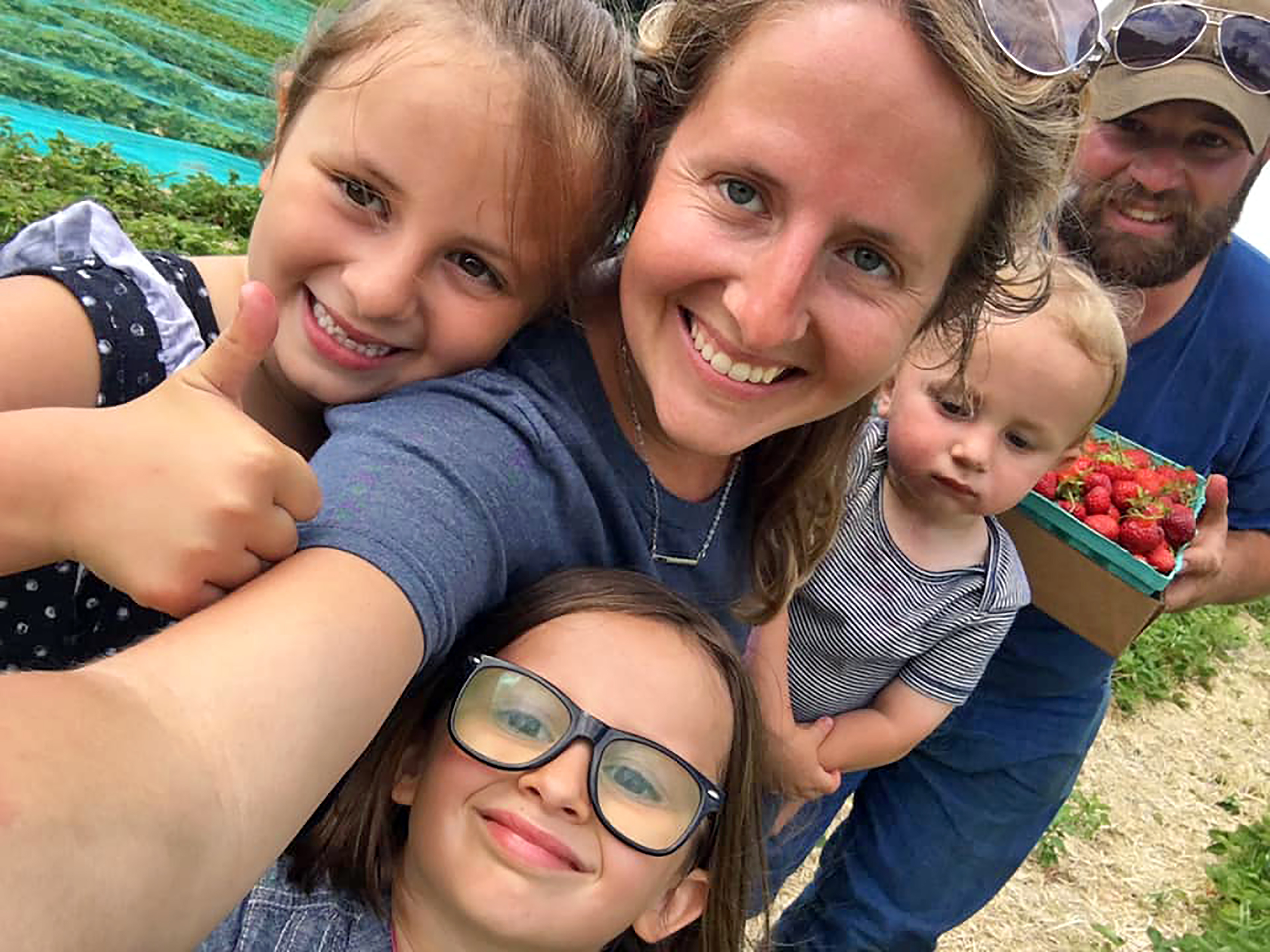
Farming with the Land
The Lucases see their animals not just as food producers but as partners in building healthy soil. Their cattle and sheep rotate through pastures in a system called Management Intensive Grazing (MiG)—a flexible approach to rotational grazing where paddock size, stocking density, and length of grazing period are adjusted to balance forage supply with animal nutrient demand through the grazing season. It’s farming that works with natural cycles instead of against them, and the benefits show up everywhere: stronger root systems in the fields, more biodiversity in the soil, and nutrient-rich forage for the animals. Over time, this approach has made the Lucas’ soil richer, their fields more resilient to floods and drought, and their pastures healthier for both livestock and wildlife.
The climate benefits are real, too. Healthy grasslands are capable of trapping carbon from the atmosphere, locking it into the soil, and helping to slow the effects of climate change. By raising livestock entirely on pasture, Lucas Family Farms is proving that farming can be part of the solution.
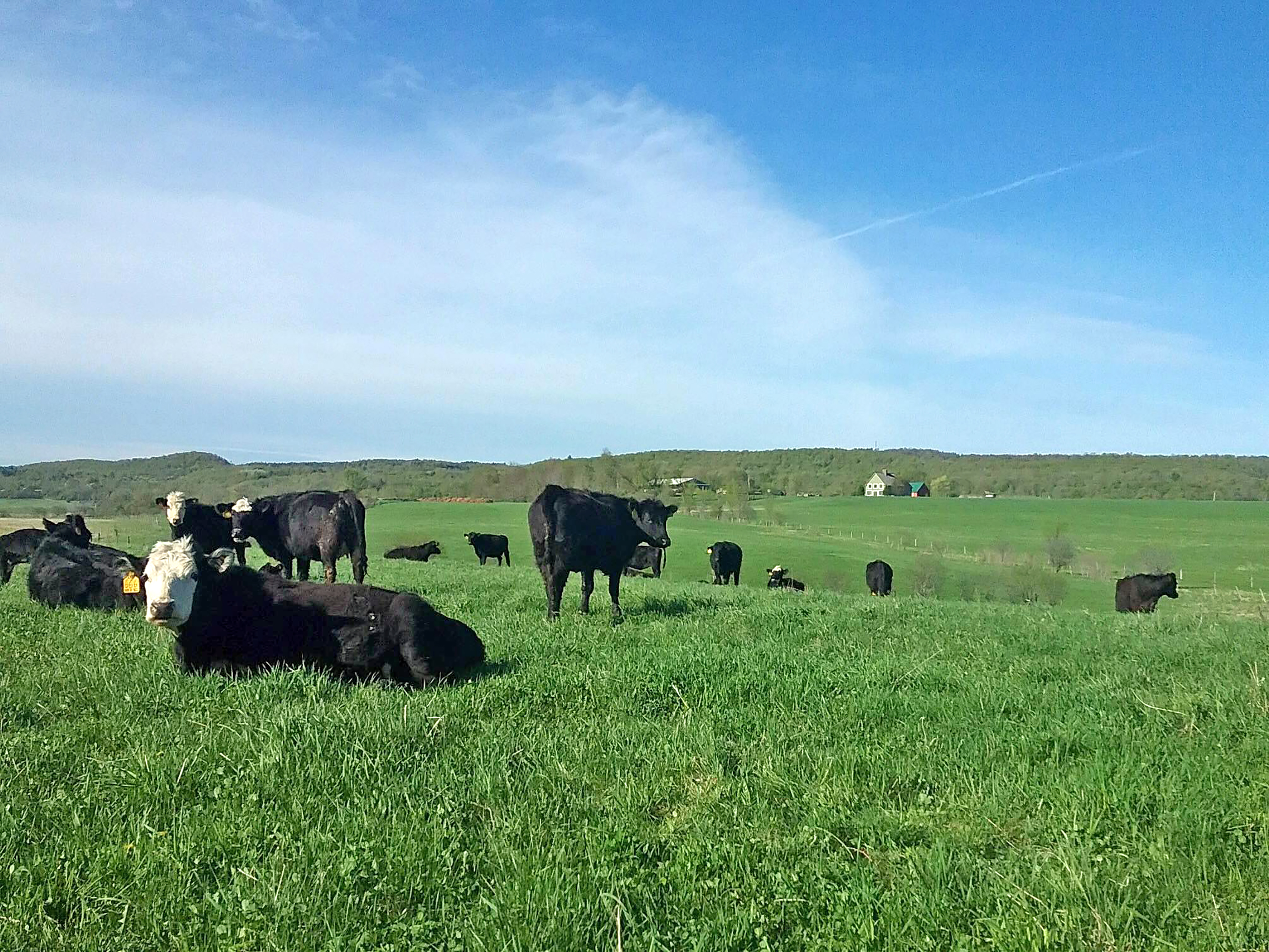
Commitment to Animal Welfare
Animal care is at the center of everything they do. Cattle and sheep are raised outdoors on diverse forage, eating the diet they evolved for. Their hens roam freely on fresh pasture, where they can scratch, forage, dust-bathe, and live like chickens should. That freedom results in healthier animals, better eggs, and a higher standard of welfare than confinement systems could ever offer.
The difference is easy to see: cattle grazing knee-deep in green pasture, hens chasing insects in the grass, and kids working alongside their parents to make sure every animal is cared for.
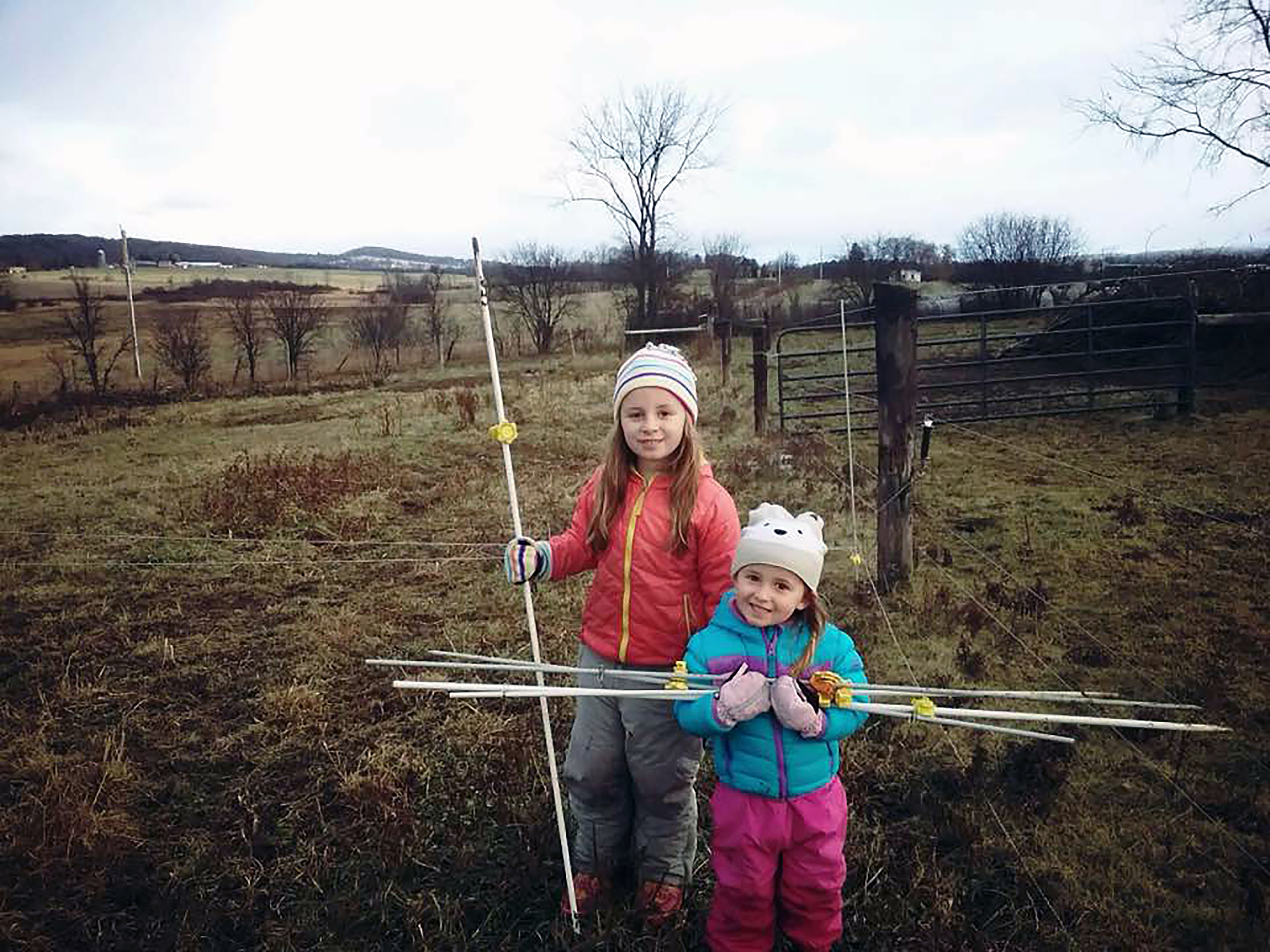

Better Food, Better Nutrition
That care translates directly to what ends up on your plate. Grass-fed beef and lamb from Lucas Family Farms are higher in omega-3s, antioxidants, and conjugated linoleic acid (CLA)—nutrients linked to better heart health. Their pasture-raised eggs bring their own advantages, with more vitamin E, vitamin A, and omega-3s than conventional eggs.
But beyond the science, you can taste the difference. Eggs from hens that spend their days foraging in the grass and scratching for bugs are richer and more flavorful, and beef raised on diverse pasture has a depth you won’t find in grain-fed meat.
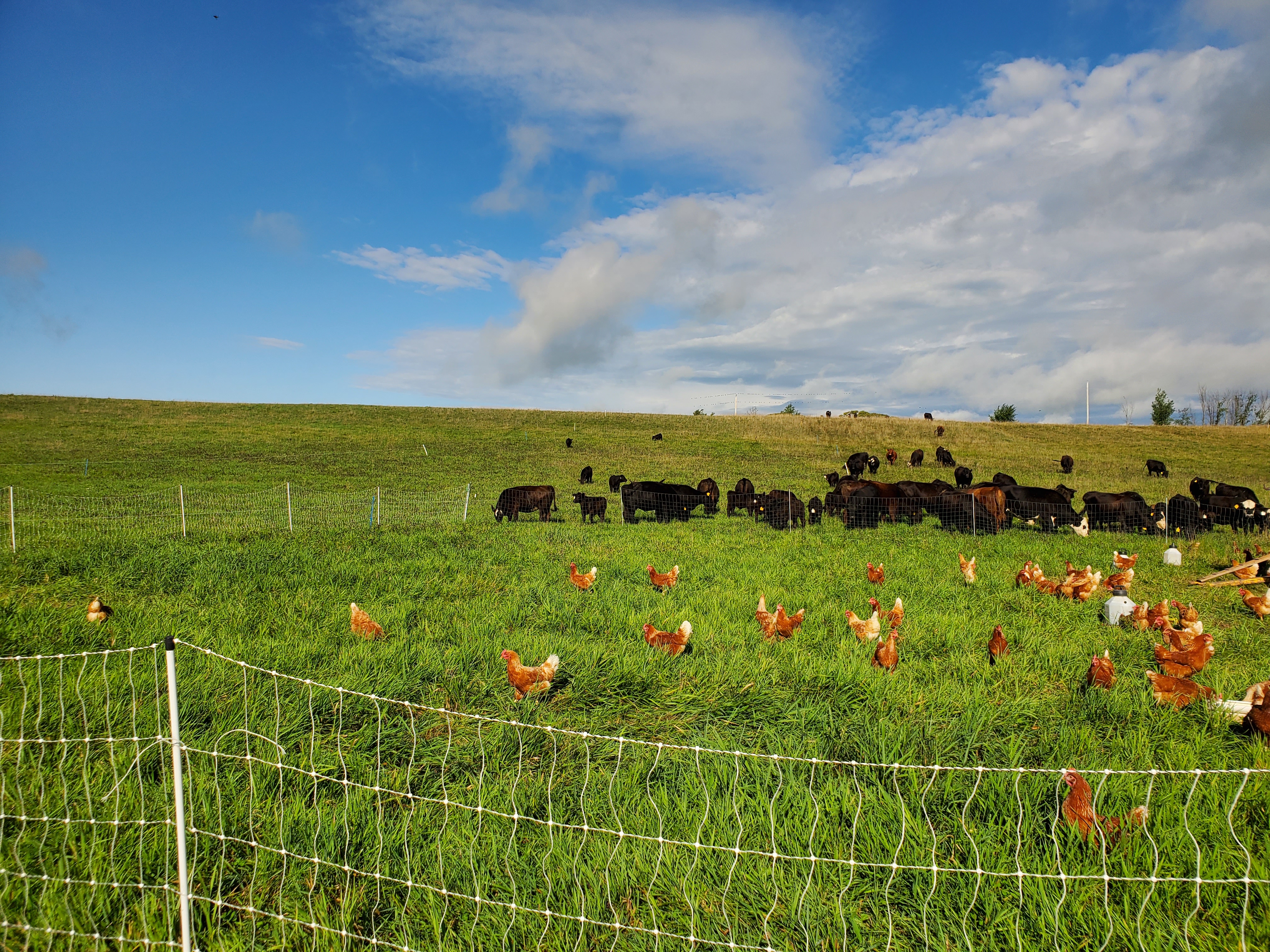
Why Support Lucas Family Farms
For the Lucases, farming isn’t just about producing food. It’s about raising their kids in a way that keeps them connected to land and animals, leaving soil healthier than they found it, and showing that small-scale farming can help address the climate crisis. When you buy from Lucas Family Farms, you’re supporting a family committed to land stewardship, humane animal care, and real food that sustains both people and planet.
Save 20% on Lucas Family Farms meats and eggs September 3–9.

